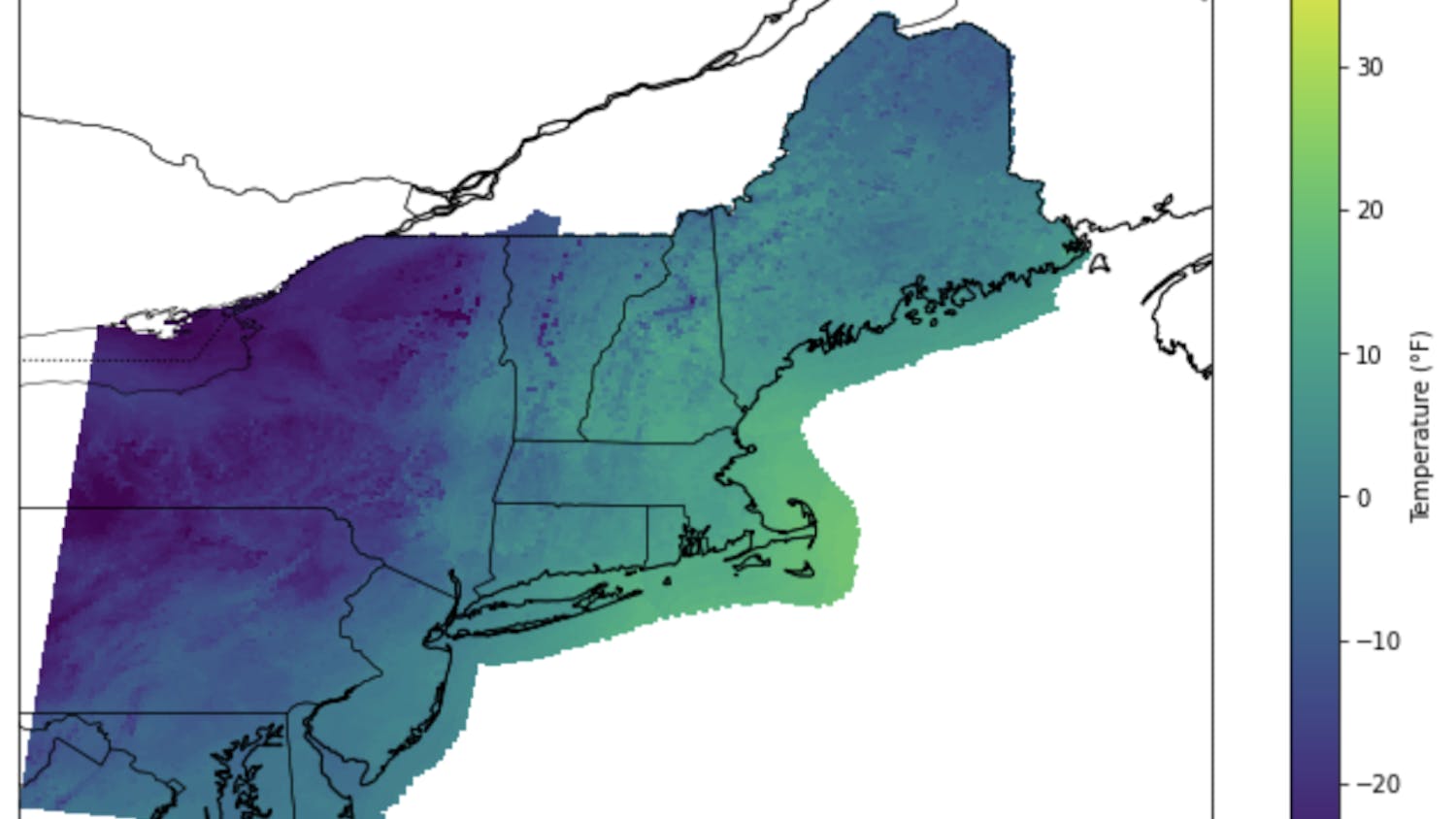Sustainability Month at Cornell is almost over, but it’s just the beginning for the Energy Innovation and Carbon Dividend Act. This environmentalist bill, supported by a Tompkins County resolution, is beginning its way through the political labyrinth of Capitol Hill and aims to reduce nationwide carbon emissions by imposing a fee on fossil fuels.
This bill is among several political initiatives proposed in the wake of the growing concerns about detrimental human activity on the environment. The environmental policy that has made headlines in the past couple months is the Green New Deal, which was introduced in the House and the Senate on Feb. 7 by Rep. Alexandria Ocasio-Cortez (D-N.Y.) and Sen. Ed Markey (D-Mass.)
Tompkins County has passed a resolution urging Congress to pass the EICDA in February.
The Green New Deal has faced criticism on counts that the bill is too expensive or too ambitious, and the resolution failed to pass after being put to vote in the Senate. However, the Green New Deal is not the only way forward in terms of environmental policy. The EICDA, introduced in the House on Jan. 24 and in the Senate on Dec. 19, aims to be a bipartisan solution to the issue of environmental regulation.
“[The EICDA] puts a fee on fossil fuels, oil, gas, and coal, and that fee is collected and returned to households in the form of dividends, minus administrative costs, on a monthly basis, unlike a traditional carbon tax,” Alyssa Marcy grad, a member of the Cornell Institute for Public Affairs and the Climate Citizen’s Lobby said.
The bill intends to phase out fossil fuels by making them less economically feasible. “It tries to phase out fossil fuel usage gradually… but it is financially conscious,” Marcy said.
“By adding a fee onto fossil fuels, it is going to increase the cost of products and therefore increase the cost of living for households,” Marcy said. However, Marcy explained that by returning that fee back to citizens, the bill will aid in the transition.
The EICDA addresses carbon pricing, a sustainability measure that the IPCC deemed necessary to reduce carbon emissions in a recent report. This is expected to create 2.1 million jobs and higher quality air. The bill also features a component to promote domestic growth.
“It has a component called the border adjustment, and anything imported also has a fee put on it to include the carbon footprint involved with transportation. So it encourages importing less goods and focusing on the domestic market,” Marcy said.
This bill is primarily championed by the nonprofit, non-partisan advocacy group known as the Citizens’ Climate Lobby. The CCL aims to raise awareness of environmental policy and has 554 active chapters, which are divided by congressional districts.
“Most of this work is done on the ground by concerned citizens, which is why it’s called Citizens’ Climate Lobby, which came about as the result of people realizing we don't have any bills that are acceptable for addressing climate change,” Marcy said.
Marcy emphasized the necessity of political action on the local level, such as the Tompkins County resolution, in order to place pressure on the upper echelons of the government.
“It is important that people reach out to their representatives and tell them that they want a price on carbon,” Marcy said. This need for engagement is especially true on college campuses.
“[Engagement] is important as young people — this is something we need to be involved with. This is our future,” Marcy said.
People’s Climate Week at Cornell, emphasizing both climate justice and community empowerment, is currently ongoing until April 27. For students looking to take an active role in environmentalism, it offers a host of events aimed at “humanizing the fight against climate change.”

Earth Day 2019: Cornellians Advocate for Sustainability as Federal Carbon Bill Rallies its Way Through Capitol Hill
Reading time: about 4 minutes
Read More










